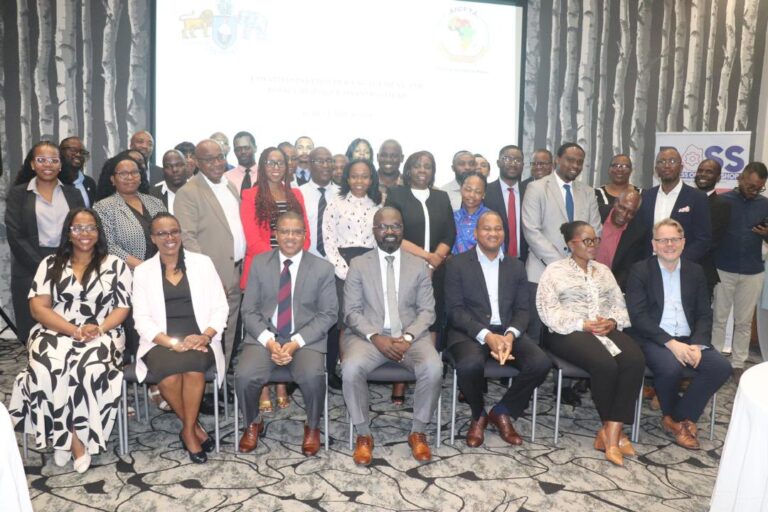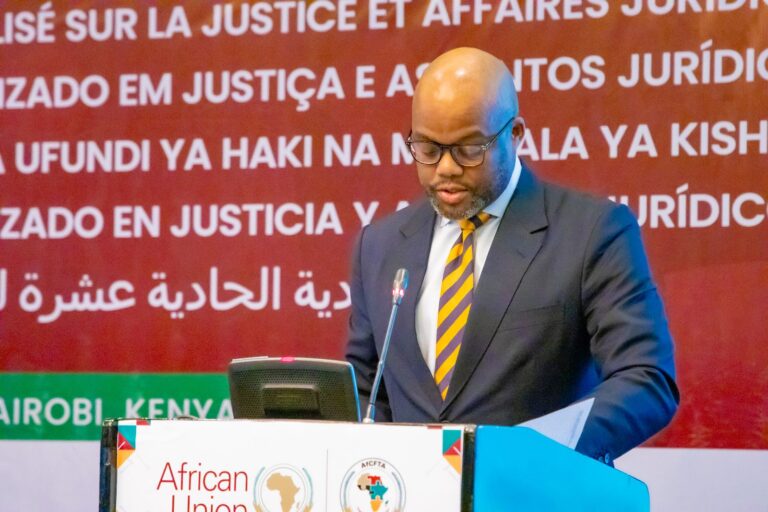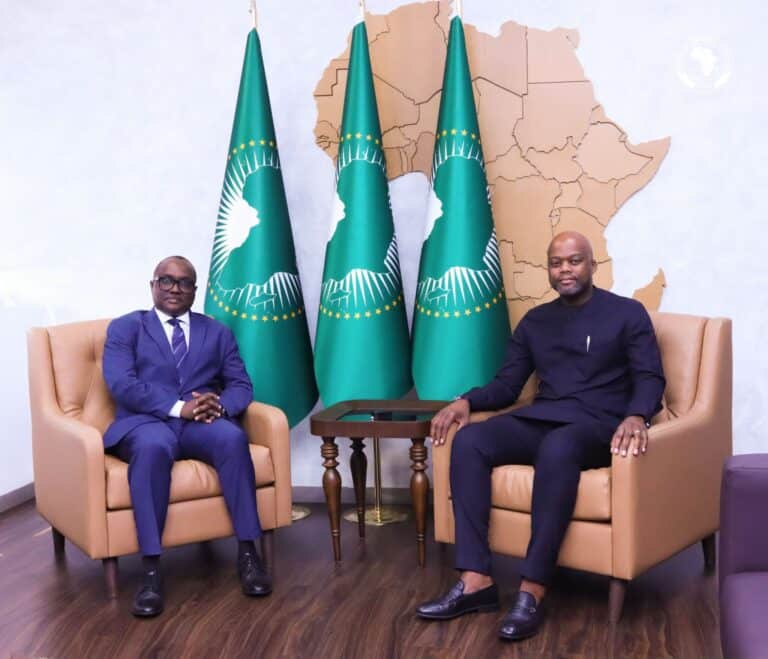On September 30, Rwanda exported its first consignment of goods – a shipment from Igire Coffee, a women-led coffee processing firm that deals in premium coffee – under the African Continental Free Trade Area (AfCFTA) Agreement to Ghana.
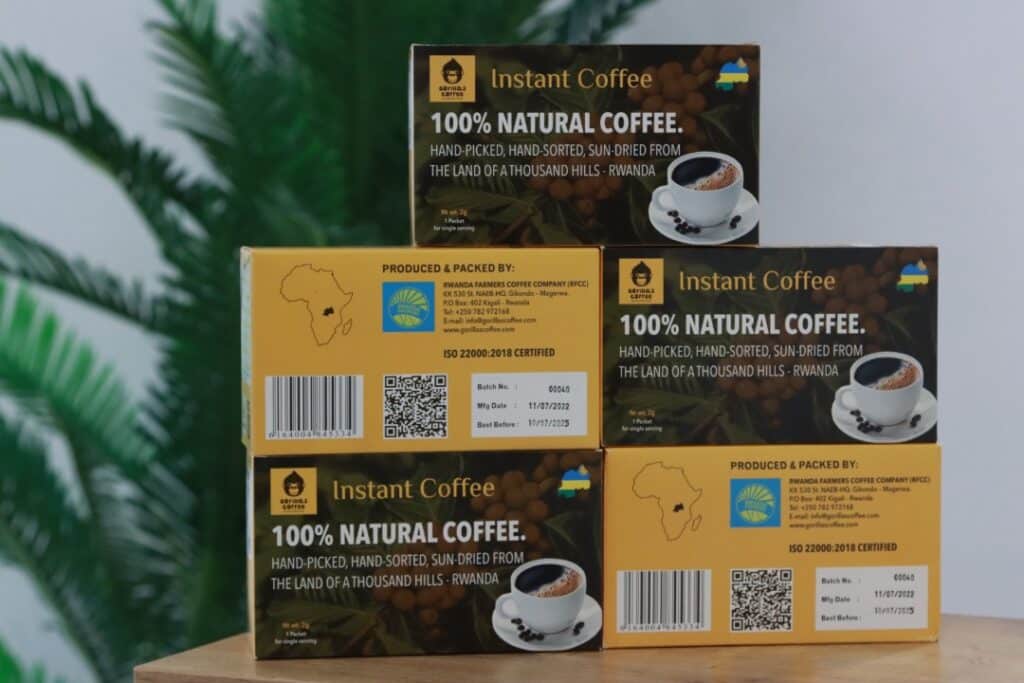
The first AfCFTA Certificate of Origin for Rwanda was issued to Igire Coffee for coffee products destined to Ghana as part of the AfCFTA Guided Trade Initiative. Rwanda is among eight state parties – Cameroon, Egypt, Ghana, Kenya, Mauritius, Rwanda, Tanzania and Tunisia – participating in the AfCFTA Guided Trade Initiative.
Earlier, Kenya also exported its first goods, Exide batteries, under the AfCFTA Agreement to Ghana.
But what, basically, is the AfCFTA Guided Trade Initiative which will be officially launched Friday, October 7, all about?
According to Prudence Sebahizi, the chief technical adviser on the AfCFTA, the Initiative seeks to facilitate commercially meaningful trading, among interested AfCFTA state parties that have met the minimum requirements for trade, under the Agreement.
“This will be achieved through matchmaking businesses and products for export and import between interested State Parties in coordination with their national AfCFTA Implementation Committees,” Sebahizi told The New Times.
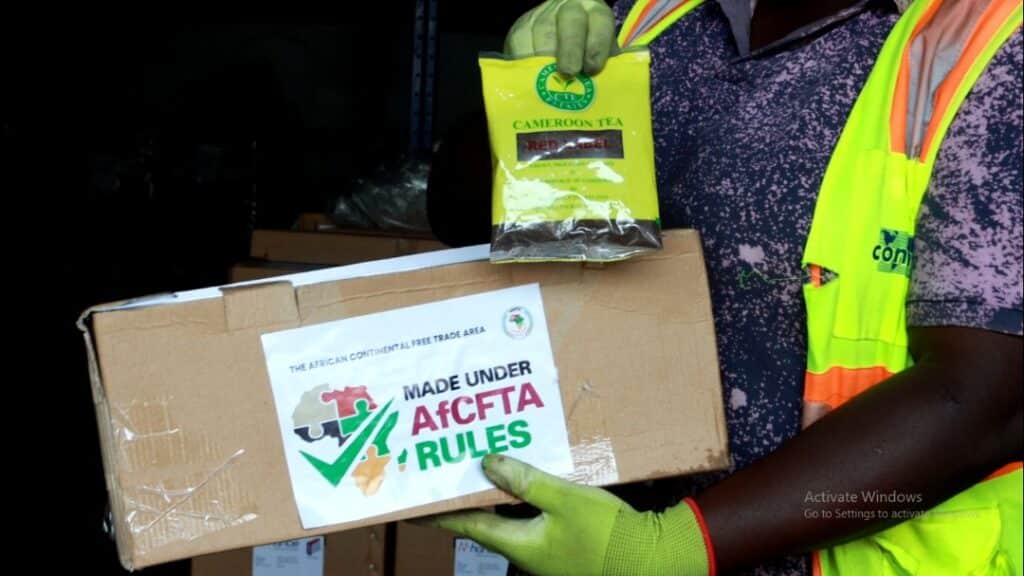
The Initiative, he added, will prompt state parties to start issuing AfCFTA trading documents including certificates of origin, importer as well as exporter declaration forms and ensure that their customs laws and systems are aligned to the AfCFTA requirements.
“The initiative is important in the sense that it will allow to test the readiness of the private sector to participate in trade under the AfCFTA regime and identify possible future interventions to increase intra-African trade and maximize the benefits of the AfCFTA.”
The AfCFTA Guided Trade Initiative will serve as a gateway to encourage continued trade under the AfCFTA, resulting in a multiplier effect and increased opportunities for SMEs, youth and women in trade and ultimately establishing sustainable and inclusive economic development.
The AfCFTA Council of Ministers responsible for trade, on October 10, 2021, adopted the Ministerial directive on the application of provisional schedules of tariffs concessions. The Ministers’ directive provided a legal basis for countries that submitted their tariff schedules in accordance with the agreed modalities to trade preferentially amongst themselves.
The Ministerial directive was adopted by the AU Assembly of Heads of State and Government in February 2022. But because commercially meaningful trade had not started under the AfCFTA, the AfCFTA Secretariat embarked on a solution-based approach in the form of an AfCFTA Initiative on Guided Trade.
Wamkele Mene, the Secretary General of the AfCFTA, announced the AfCFTA Secretariat Guided Trade Initiative during the Council of Ministers meeting held in July.
According to the AfCFTA Secretariat, the Initiative intends to achieve its goal through matchmaking businesses and products for export and import between these interested countries in coordination with their national AfCFTA implementation committees.
The specific objectives of the AfCFTA Guided Trade Initiative are: to allow commercially meaningful trading under the AfCFTA; to test the operational, institutional, legal and trade policy environment under the AfCFTA; and to send an important positive message to the African economic operators.
The representatives from the Secretariat, Ghana National AfCFTA Coordination Office, interested state parties including the diplomatic missions in Ghana, Ministries of trade and industry, the customs administrations, the private sector including logistics companies and the AfCFTA implementation partners, are part of the Initiative.
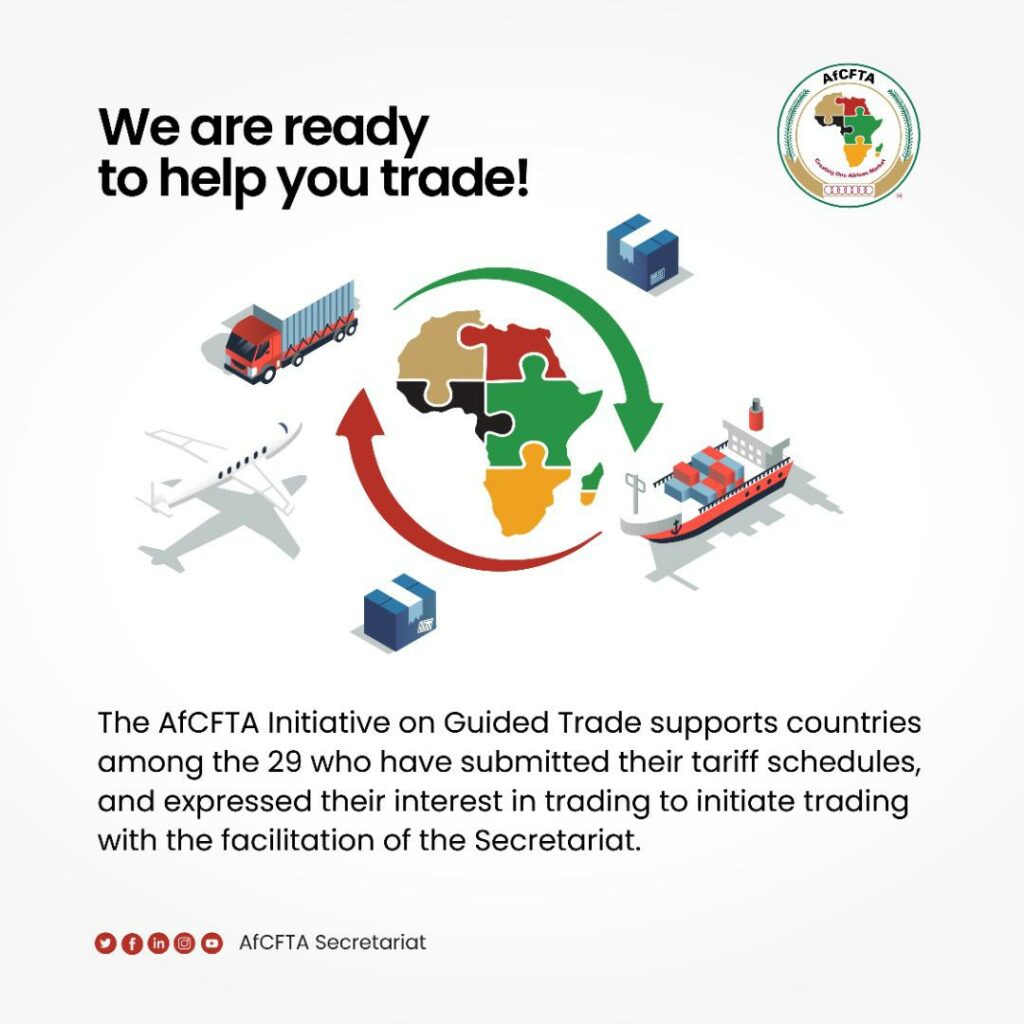
The products earmarked to trade under the Initiative include: ceramic tiles; batteries, tea, coffee, processed meat products, corn starch, sugar, pasta, glucose syrup, dried fruits, and sisal fibre, amongst others, in line with the AfCFTA focus on value chain development.
The interested state parties represent five African regions.
There were other ongoing activities related to shipments of products ahead of the anticipated launch of the AfCFTA Guided Trade Initiative on October 7.
As noted, the ultimate objective is to ensure that AfCFTA is truly operational and the gains from the initiative are improved implementation in order to achieve increased inter-regional and intra-Africa trade that would yield economic development for the betterment of the continent at large.
